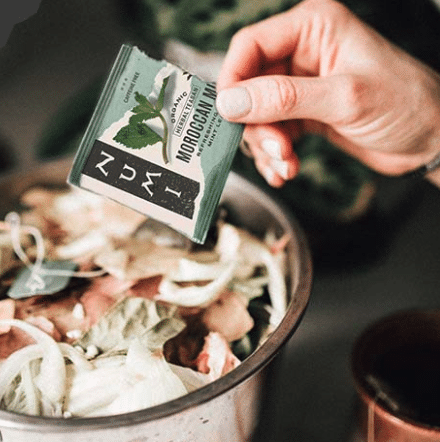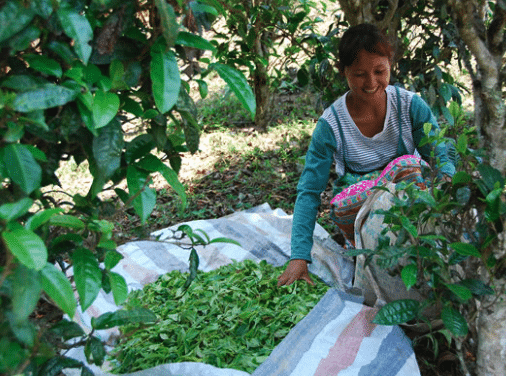Numi Tea
Activating Purpose and Impact Through Tea
Tea is the world's second most consumed beverage after water, and for Numi Tea, it is also a catalyst for social change and impact. Numi Tea is a quadruple-bottom-line social enterprise based in Oakland, California, and one of North America's largest organic Fair Trade tea distributors.
Founded in 1999, when sustainable, organic, and Fair Trade tea options were scarce in the US market, Numi Tea emerged as a pioneer. Its inception marked the beginning of a movement intertwining premium organic teas and herbal blends with the highest standards of sustainability and social responsibility.
Numi Tea works with over 15,000 farmers and their families in 34 countries while maintaining strict adherence to organic and Fair-Trade standards. It has also funded the elimination of pesticides across more than a dozen farms enabling their transition to organic standards to date.
The onset of the COVID-19 pandemic posed unprecedented challenges for Numi Tea. While securing significant contracts with corporate offices, restaurant and coffee shop chains, airlines, hotels, and numerous universities, the company's food service channel, a critical revenue source, was severely disrupted. In response to this pressing situation, Numi Tea approached the Open Road Impact Fund seeking assistance.

Open Road’s Response
Understanding the immense potential and impact principles of Numi Tea, the Open Road Impact Fund extended a timely $1 million loan. This pivotal financial injection provided a much-needed lifeline and catalyzed further interest from other investors, enabling Numi Tea to secure a significant $2 million term loan.
In addition to providing the finest organic products and vibrant flavors, Numi Tea continues to make meaningful strides in its journey to generate a positive impact. The company has paid over $1 million in Fair Trade premiums, fostering equitable trade practices and uplifting communities worldwide. Embracing their commitment to the environment, Numi Tea also implemented plant-based packaging, effectively eliminating 28.6 metric tons of virgin plastic waste while offsetting 10,000 metric tons of carbon dioxide equivalent, rendering its carbon footprint completely neutral.



